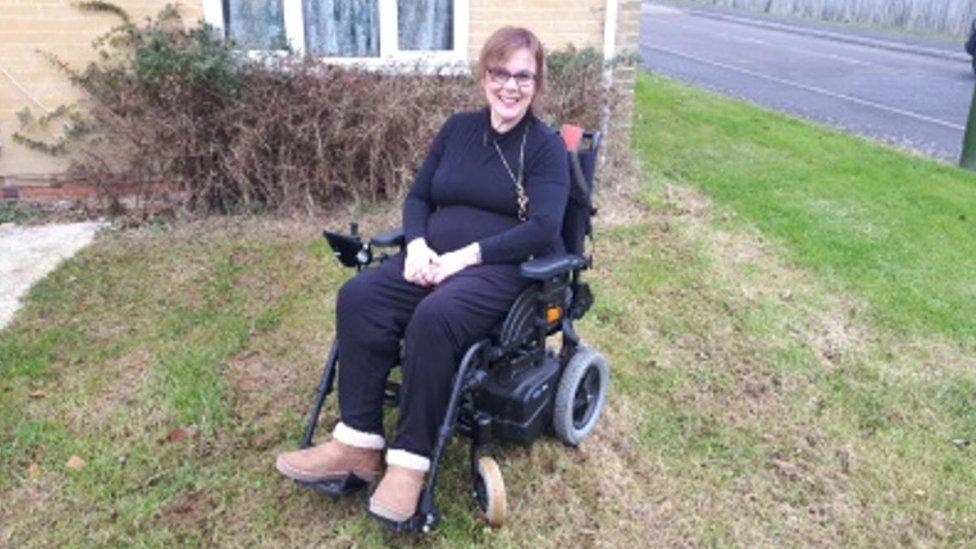Young MS sufferer was in home for elderly people
- Published
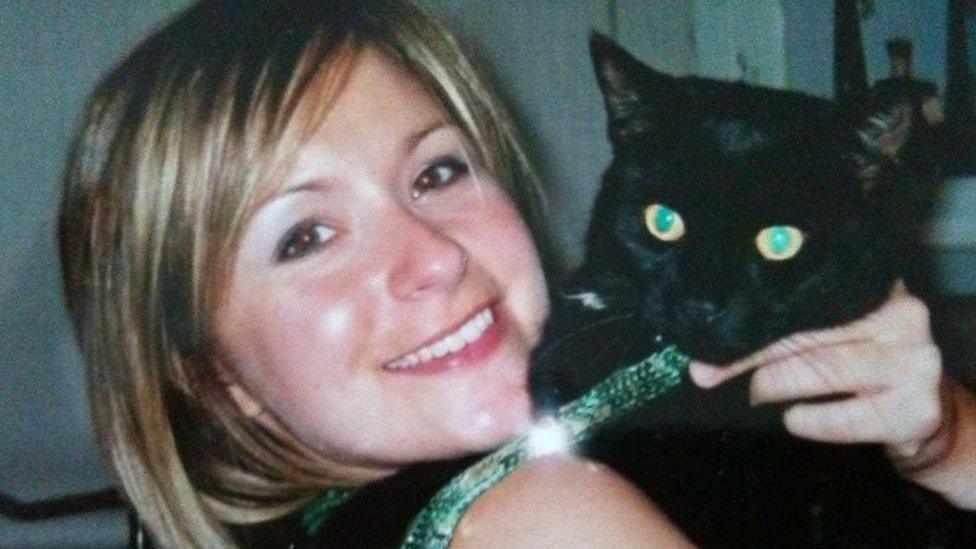
Joanne Head was placed in a home where most of the residents were over 65
A woman has called for better care for young disabled people after her sister had to share a care home with people more than twice her age.
Before 38-year-old Joanne Head died in 2015, she had to have 24-hour care due to advanced multiple sclerosis.
Her sister Vicky Cook, from Nottingham, said most residents in the home were over 65 and some had dementia.
Lincolnshire County Council, who provided the care, said it works with families to find the right placements.
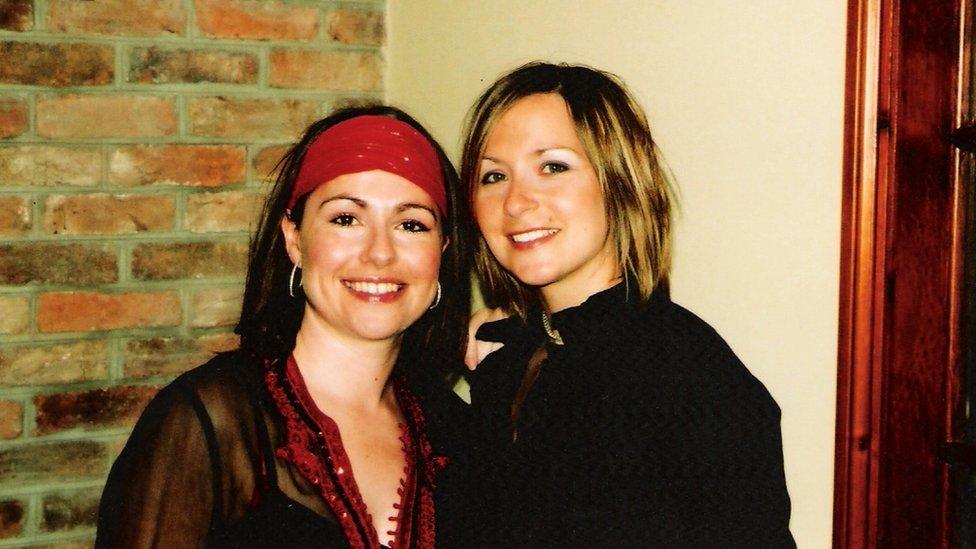
Vicky Cook (left) said her sister Joanne (right) was her best friend
Mrs Cook said it was "horrible" to see her sister in an environment where no suitable therapies or social interaction and activities were offered.
She said her sister was "full of life" and working as a marketing manager in London when she was diagnosed with relapsing remitting multiple sclerosis (MS), in 2008 at the age of 31.
"After two years she struggled to walk, [the MS] affected her bladder control, her memory, she suffered from tiredness.
"She became someone who didn't want to leave the house."
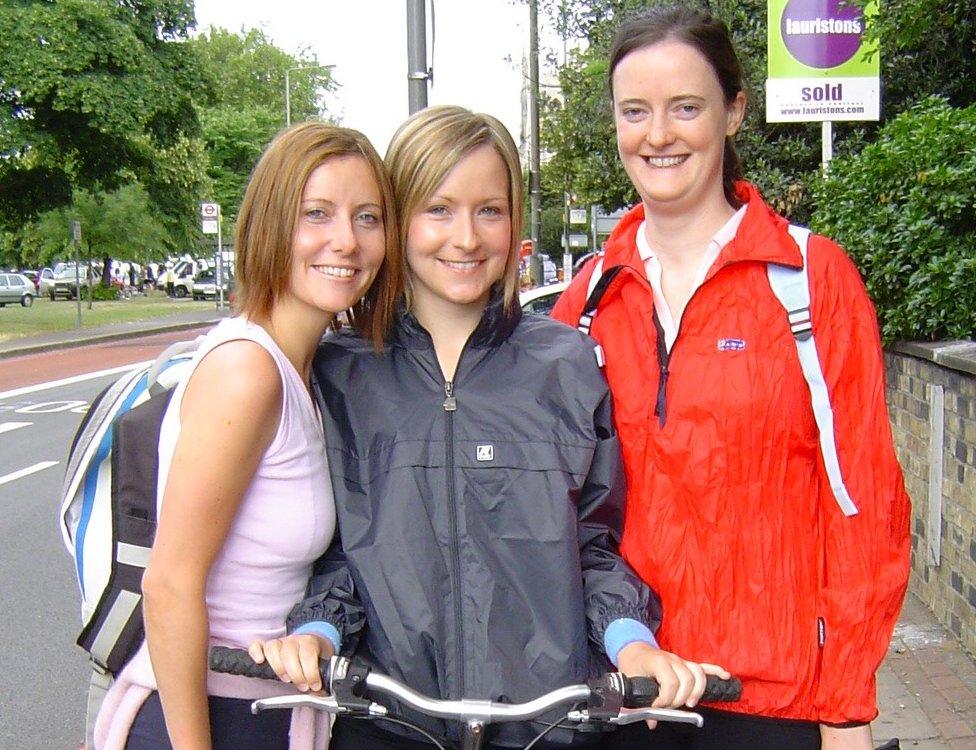
Joanne Head (middle) was sporty and active, but lost confidence when she was diagnosed with MS
In 2012, Ms Head moved back home to Boston, Lincolnshire, before developing secondary progressive MS.
Ms Cook said her sister's cognitive ability had deteriorated, her speech was reduced to just "yes" and "no" and she sounded "muddled" because she was losing her short-term memory.
She needed 24-hour care and was placed in a mixed age home at 35, but most of the residents were over 65.
"It was horrible to see your younger sister there with people with dementia and unsettling behaviour," said Ms Cook.
"She shouldn't have been there. It wasn't dignified."
Ms Head was later moved to a home that was more suitable, with more activities and social evenings, but was still at least 10 years younger than the other residents.

Joanne Head had a full life in London
The MS Society said the social care system was "failing" thousands of younger disabled adults.
The charity said only 32% of 18-29 year olds with MS had all their care needs met and it was "fundamentally wrong" that younger adults with the condition were living in older people's care homes.
One in seven younger disabled adults in residential care could be in homes for older people, a spokesperson said.
Lincolnshire County Council, who provided Ms Head's care, said while they could not comment on the details of individual cases, a wide range of factors were explored to ensure the appropriate placement was made.
It said a number of care homes were registered units for both under 65s and over 65s, and many specialised in specific types of care depending on an individuals' needs.

Multiple sclerosis
Multiple sclerosis (MS) is a condition which can affect the brain and/or spinal cord
It can cause problems with vision, arm or leg movement, sensation or balance
Average life expectancy is slightly reduced for people with MS
It is estimated that there are more than 100,000 people diagnosed with MS in the UK
There is currently no cure for MS, but a number of treatments can help control the condition
Source: NHS, external
- Published22 December 2016
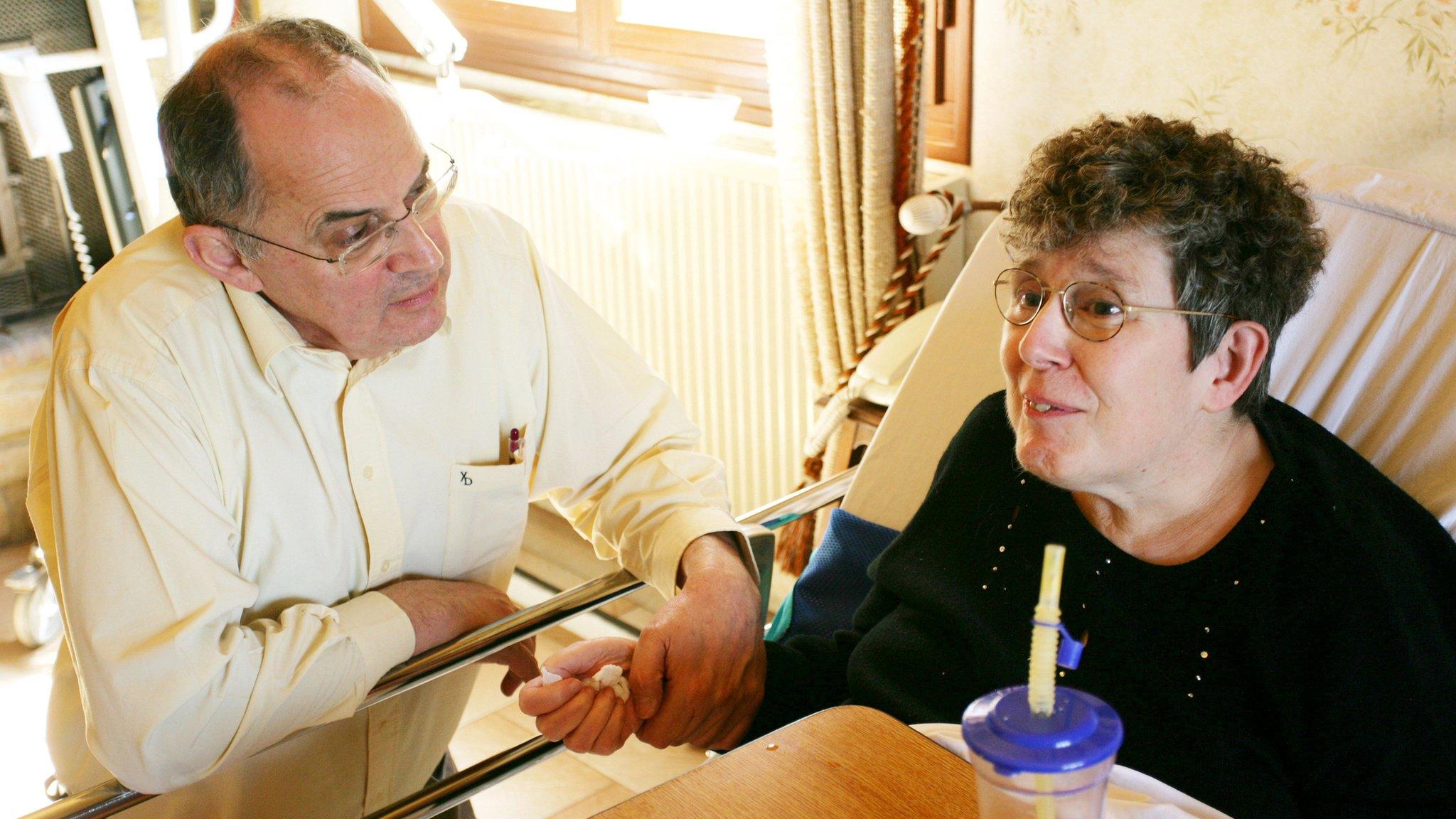
- Published20 February 2017
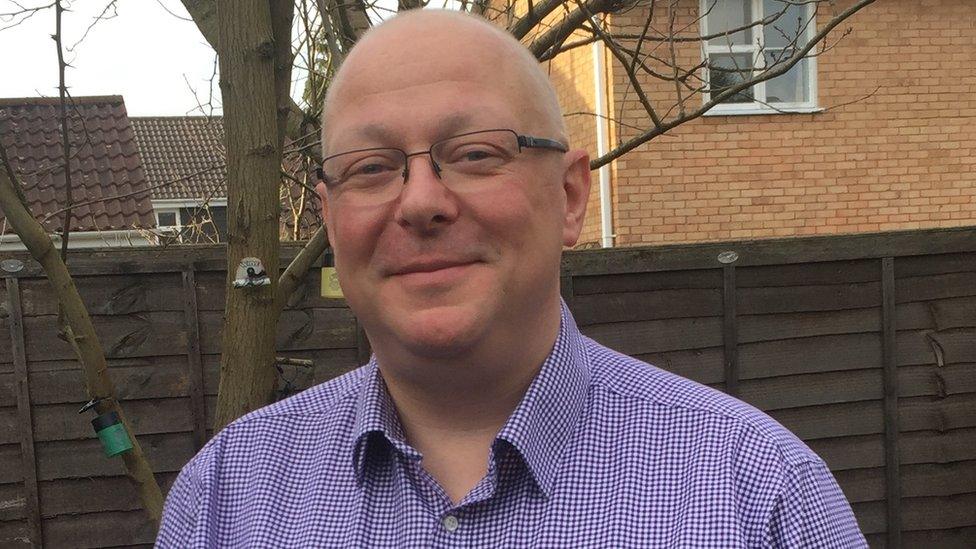
- Published5 December 2017
